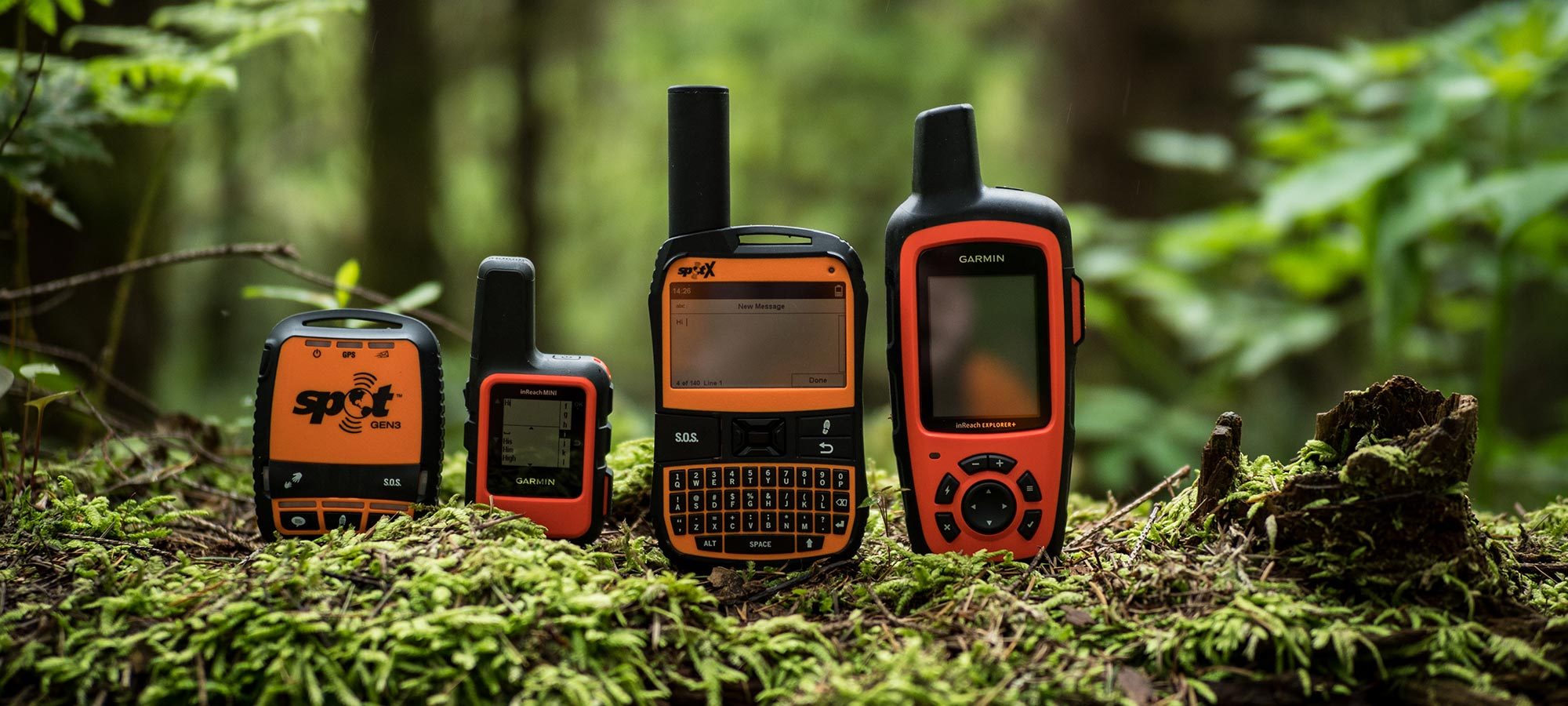Hello!
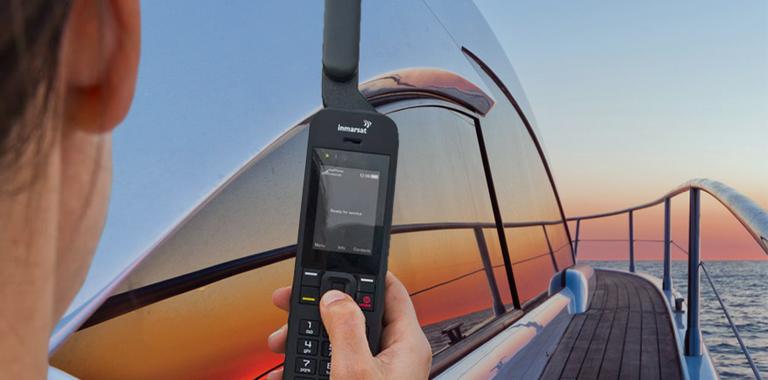 Remember that scene in “Jurassic Park III” when Paul and Amanda reunited with their son, Eric? Eric said he knew his parents were on the island because he heard his dad's satellite phone.
Remember that scene in “Jurassic Park III” when Paul and Amanda reunited with their son, Eric? Eric said he knew his parents were on the island because he heard his dad's satellite phone.
And into the stillness born from the realisation that Paul no longer had that phone – he loaned it to their mercenary guide, Nash, whom a dinosaur had just eaten – played the satellite phone's ringtone. Moments later, they saw the horrific specter of the Spinosaurus from whose stomach the phone rang.
You can't know for sure if a satellite phone (say, a Thuraya XT-Lite) can still function inside a dinosaur's stomach. But you can be pretty confident a satellite phone would work almost everywhere else. Satellite phones have been explicitly designed for that purpose, although perhaps not on a fictional island, like Jurassic Park's Isla Sorna.
6 Features to Consider in a Satellite Phone
There are many types of satellite phones, just as there are many different variants of cellular phones. The following are the six features you might need to check before buying your satellite equipment. Of course, your particular application or use-case scenario will dictate the specific features you need.
Satellite Operator's Coverage
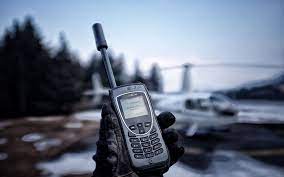 Satellite phones come from satellite operators, and satellite operators have different coverage areas. It depends on how many satellites they have and their satellites' location, inclination, and configuration.
Satellite phones come from satellite operators, and satellite operators have different coverage areas. It depends on how many satellites they have and their satellites' location, inclination, and configuration.
Some operators, like Iridium, provide actual global coverage, while some, like Thuraya, offer specific coverage in around 160 countries in Africa, Asia, Europe, and Australia.
Instinctively, you might go for the operator that has global coverage. But, in truth, global coverage may not be necessary. If you work in an oil rig in the middle of the desert or on an offshore drilling rig in the middle of the Pacific near the equator, you wouldn't really need global coverage. What you would need is an operator with reliable coverage in these specific geographical areas.
It would be impractical to go for global coverage when you don't need it and an alternative that offers much better voice quality exists. You'd only be paying more than you need for unnecessary coverage.
So, before you buy a satellite phone (and subsequently decide on a satellite operator), first make sure that the phone has coverage and works well in the general area where you intend to use it.
Full Walk and Talk
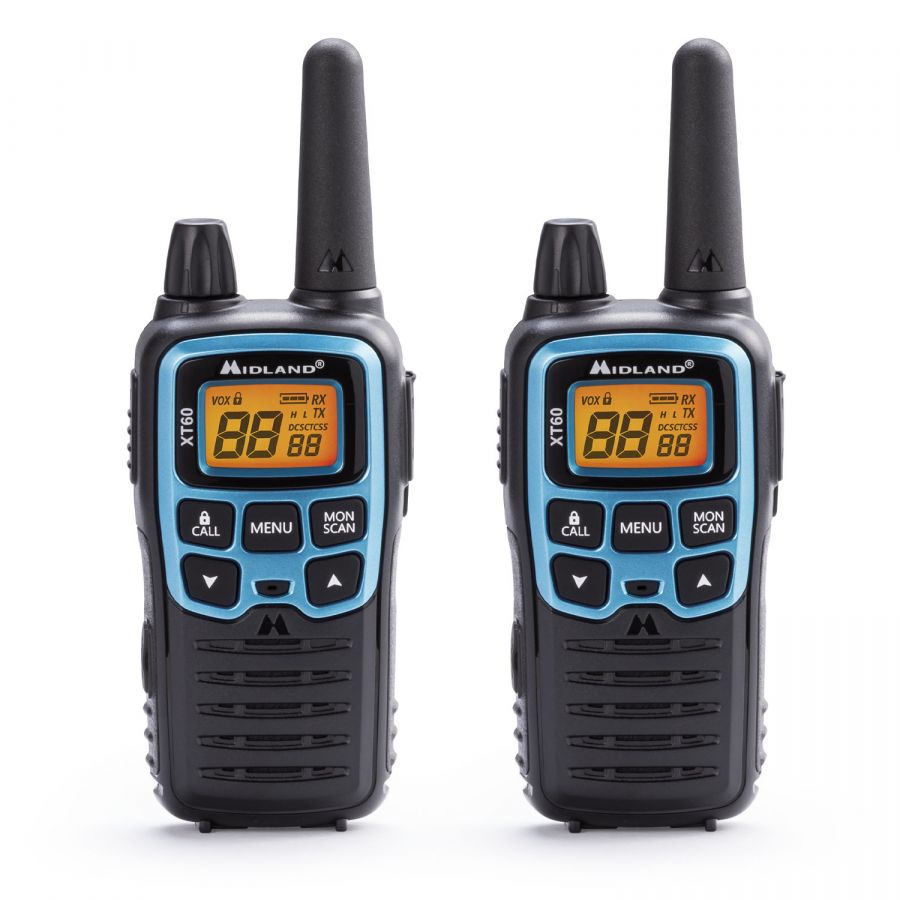 You also want a satellite phone that provides a signal and allows you to talk even when you're walking and moving around. In other words, you want a satellite phone that you can bring with you and lets you make calls on the move, rather than requiring you to make calls only while you're stationary and in a fixed location.
You also want a satellite phone that provides a signal and allows you to talk even when you're walking and moving around. In other words, you want a satellite phone that you can bring with you and lets you make calls on the move, rather than requiring you to make calls only while you're stationary and in a fixed location.
Much of this will depend on the satellite network coverage, which is a function of the location and inclination of the satellites, and the satellite phone's capabilities, especially its antenna. For the latter, you want an omnidirectional antenna that would let you get a signal even when you're mobile.
Voice Call Quality
Satellite phones need a voice codec to convert audio signal (i.e., your voice) to digital form to transmit it through the satellite network then convert it to audio signal at the receiving end. The better the codec the satellite operator uses, the better the voice quality.
When looking through your satellite phone options, look at the satellite phone's voice codec transmission rates. The higher it is, the better the sound quality. Therefore, all other things being equal, a satellite operator with a 4-kbps voice codec will provide better voice quality than one with the standard 2.4 kbps.
Shock and Ingress Protection
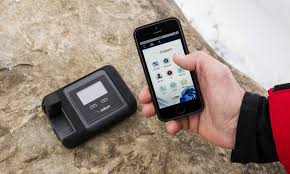 Depending on your use requirements, you might need a satellite phone that offers protection against shocks, vibrations, dust, and water, or you might need something that simply works for satellite communications.
Depending on your use requirements, you might need a satellite phone that offers protection against shocks, vibrations, dust, and water, or you might need something that simply works for satellite communications.
Satellite phones tested and rated in ruggedness or their ability to survive extreme conditions would typically have IP and MIL-STD-810 ratings. If you need a fully rugged phone, you want one that has a high IP rating and MIL-STD-810G rating. Otherwise, you will save money by forgoing this specification.
IP Ratings
The International Electrotechnical Commission formulated the IP rating system. IP stands for International Protection, and the two digits that come with the IP abbreviation provide specific information about how secure the device is against solids and liquids.
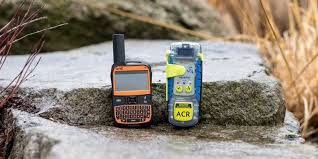 The first digit could be from one to six and indicates the device's level of resistance against solids. The second digit can be from one to eight and indicates how proofed against water ingress the device is.
The first digit could be from one to six and indicates the device's level of resistance against solids. The second digit can be from one to eight and indicates how proofed against water ingress the device is.
Thus, an IP68 means the device is dust-tight (what six stands for in the IP rating system) and is waterproof even if immersed to depths below one meter for more than 30 minutes (what eight stands for in the IP rating system).
MIL-STD-810
The MIL-STD rating system pertains to standards that the US Military uses to grade military equipment across a wide range of conditions to ascertain such equipment's suitability for military applications.
Satellite phones usually are rated against MIL-STD-810 standards for their ability to survive extreme temperatures and pressures, inclement weather and humid conditions, sand and dust exposure, various types of shocks and vibrations, acceleration, and many more. They are also tested for their resistance to rust and corrosion.
All in all, a satellite phone with MIL-STD-810G rating has undergone and passed all 29 rigorous tests prescribed by the US Military.
Battery Life and Talk Time
 Naturally, you want a satellite phone that will last you a considerable amount of time before you need to recharge. This is especially true if you work in locations where an electrical socket is not so conveniently close by or accessible.
Naturally, you want a satellite phone that will last you a considerable amount of time before you need to recharge. This is especially true if you work in locations where an electrical socket is not so conveniently close by or accessible.
For an entry-level, relatively affordable satellite phone like the Thuraya XT-Lite, 6 hours of talk time and 80 hours of standby time are pretty impressive.
Price and Cost of Operations
Naturally, the price of satellite phones and satellite equipment plus airtime cost is a consideration you cannot ignore. After considering your non-negotiable features and narrowing down your list of options to reflect your specific requirements, now you must look for the most affordable solution or the solution that will offer you outstanding value for your money.
Before You Buy a Satellite Phone
Buying a satellite phone for work or personal use? Perhaps you're a humanitarian aid organisation that needs to set up a humanitarian SATCOM network.
You must create a list of the features you need your satellite phones or network to have before buying your satellite equipment. You'd want to determine, among other factors, what you need in terms of coverage, walk-and-talk functionality, battery life, voice call quality, ruggedness, and, of course, price and cost of operations.
Thank you!
Subscribe to our newsletter! Join us on social networks!
See you!

